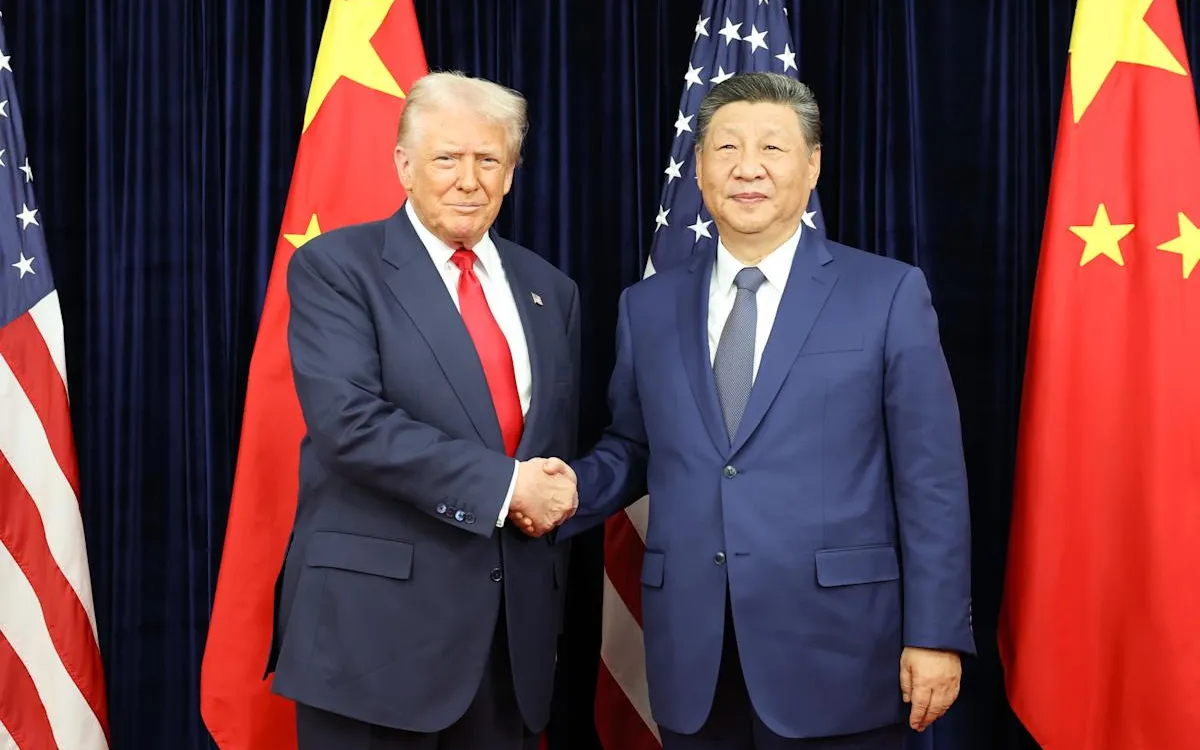
In a significant development in the ongoing trade war between the United States and China, Donald Trump and Xi Jinping have reached an agreement to implement a one-year pause on the punitive tariffs that Trump initially established. These tariffs have been a central issue in the escalating trade conflict between these two global superpowers. The leaders' face-to-face meeting took place in the South Korean city of Busan, where they discussed various pressing matters affecting their economies.
Among the critical topics on the agenda was China's dominant position in the market for rare earth metals, which are vital for various technological applications. These materials are essential for manufacturing a wide range of products, including smartphones, electric vehicles (EVs), and military equipment. Additionally, the leaders addressed the export restrictions imposed by China on NVIDIA’s AI chips, a significant point of contention given the current technological rivalry.
Before this meeting, Trump had issued stern warnings about potentially imposing new 100 percent tariffs on imports from China, a measure he suggested would be a direct response to Xi's tightening control over rare earth materials. This control has raised concerns among U.S. industries dependent on these critical resources.
As part of the temporary truce, it has been reported that China agreed to pause the introduction of new trade measures for the next 12 months. In exchange, Trump has committed to reducing existing Chinese tariffs by 10 percent. This mutual concession aims to ease tensions and possibly pave the way for more extensive negotiations in the future.
During their discussions, Trump highlighted the importance of semiconductors and indicated that he "did not rule out" the possibility of permitting NVIDIA to sell its AI chips to China. Earlier this year, NVIDIA faced an initial ban on selling its H20 chips in China, but that ban was lifted in July. However, following this, Beijing reportedly instructed its largest tech companies to refrain from business dealings until a thorough national security review was completed.
Interestingly, the leaders did not cover the potential availability of Blackwell chips, NVIDIA’s latest and most advanced AI chip, which is currently under development. This omission could suggest a strategic hesitation, especially considering the implications of Blackwell technology on the competitive landscape between the U.S. and China.
The agreement between Trump and Xi in Busan represents a significant step in the complex dynamics of U.S.-China relations, particularly in the context of trade and technology. As both nations navigate these turbulent waters, the outcomes of their negotiations will undoubtedly have long-lasting implications for the global economy.